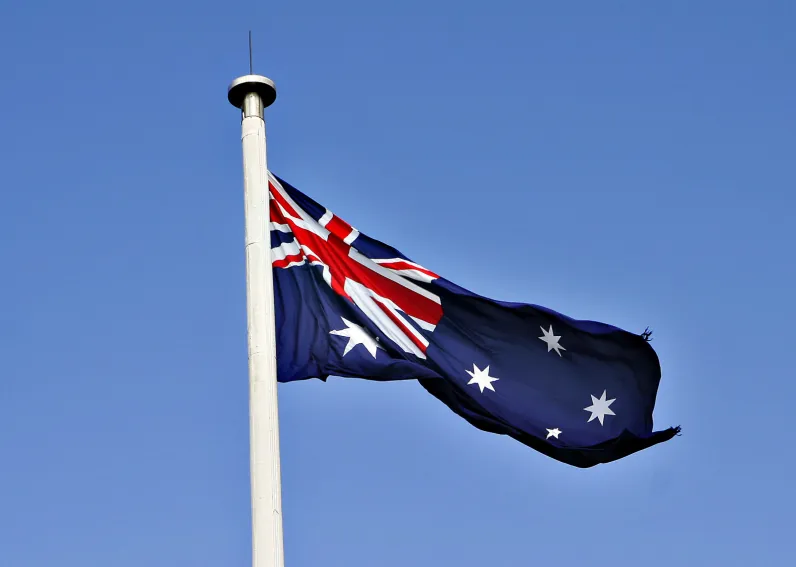
Experts clash over Australian opposition's proposal for 50% renewables and new policies
The opposition pledged $7b of clean energy funding and 45% of carbon emission cuts as well.
The Australian opposition has pledged $7b in funding for clean energy and 45% of carbon emission cuts that are currently higher than the Paris Agreement’s 26%, Bloomberg previously reported. In a speech at a BloombergNEF event, opposition leader Bill Shorten this will help meet the Labour party’s 50% renewables goal by 2030.
The Clean Energy Council added that the renewables goal is part of the party’s commitment to the National Energy Guarantee (NEG) as well as a new target of 1 million household batteries and a supportive battery storage program.
Clean Energy Council chief executive Kane Thornton said Labour’s suite of policies would keep the wave of large-scale clean energy investment rolling and accelerate the move towards more batteries for homes with solar panels. Policy certainty remains essential if the regional boom in renewable energy and storage is to continue, he said.
"However, given political bipartisanship has been elusive for more than a decade, it is a smart and sensible move for the Australian Labour Party (ALP) to leave the door ajar to pursue direct investment models that would deliver more clean energy investment in the absence of bipartisan support should it win government,” he added.
As a response, Australian energy minister Angus Taylor attacked Labour proposals and said that the “reckless targets will be a wrecking ball for the economy.” Bloomberg cited a Fairfax-Ipsos poll that showed 47% of Australians think reducing power bills should be prioritised over cutting carbon emissions.
Also read: Renewables investment in Australia interrupted by shaky energy policy
Elsewhere, the opposition’s policies were met with mixed reactions. Greenpeace Australia Pacific Campaigner Alix Foster Vander Elst said, “The scale of the threat and the measures necessary to avoid catastrophic climate change were made clear by the UN in their special report on capping global warming at 1.5 degrees. The report calls for the virtual elimination of coal for electricity generation by 2030 and this plan goes nowhere near doing that.”
Meanwhile, Australian Energy Council chief executive Sarah McNamara commented that the ongoing support for bipartisan energy policy provides another opportunity for the government to end more than a decade of policy and investment uncertainty. “Labour’s announcement today is a positive sign that it has heard the concerns of the Australian energy industry which wants stable carbon policy in order to deliver lower prices,” she said.
“We look forward to seeing more details on Labour’s modernisation and funding proposals. However we also caution that expanding networks is only one of many options available in the process of industry transition. Each network investment needs to be properly tested for its costs and benefits before going ahead to ensure it represents good value, but also to ensure it does not undermine generation investments,” the executive added.
Photo by fir0002 - Own work, GFDL 1.2








![Cross Domain [Manu + SBR + ABF + ABR + FMCG + HBR + ]](https://cmg-qa.s3.ap-southeast-1.amazonaws.com/s3fs-public/styles/exclusive_featured_article/public/2025-01/earth-3537401_1920_4.jpg.webp?itok=WaRpTJwE)
![Cross Domain [SBR + ABR]](https://cmg-qa.s3.ap-southeast-1.amazonaws.com/s3fs-public/styles/exclusive_featured_article/public/2025-01/pexels-jahoo-867092-2_1.jpg.webp?itok=o7MUL1oO)









 Advertise
Advertise


